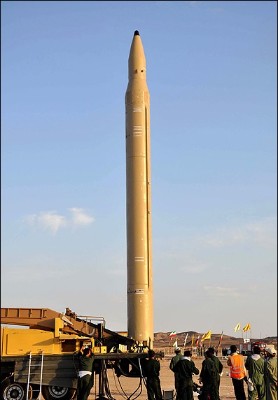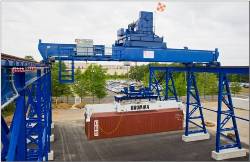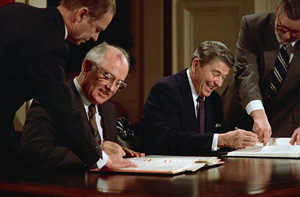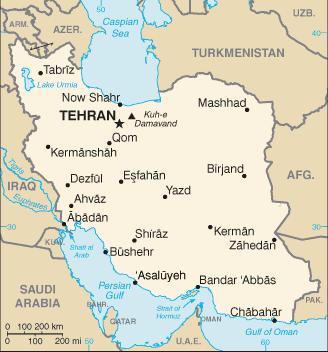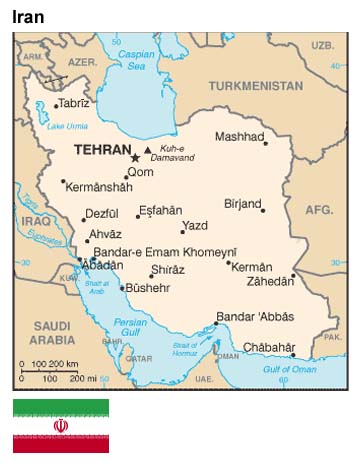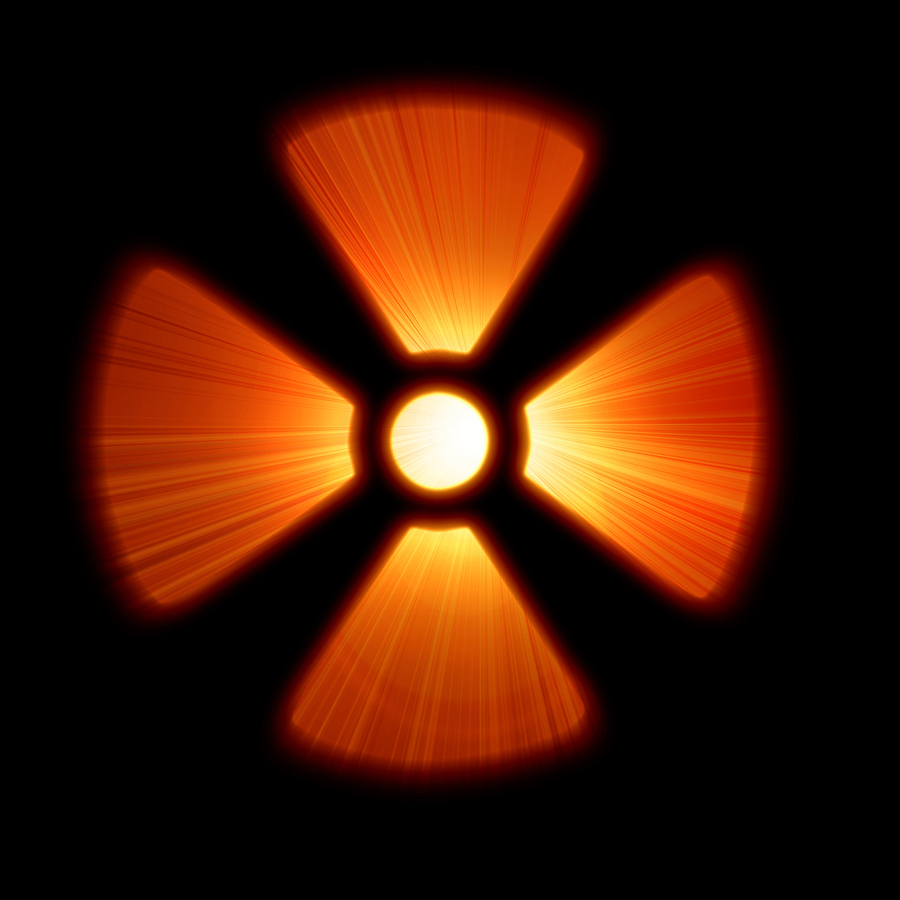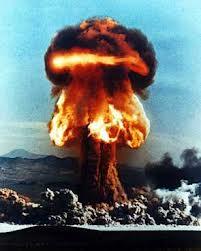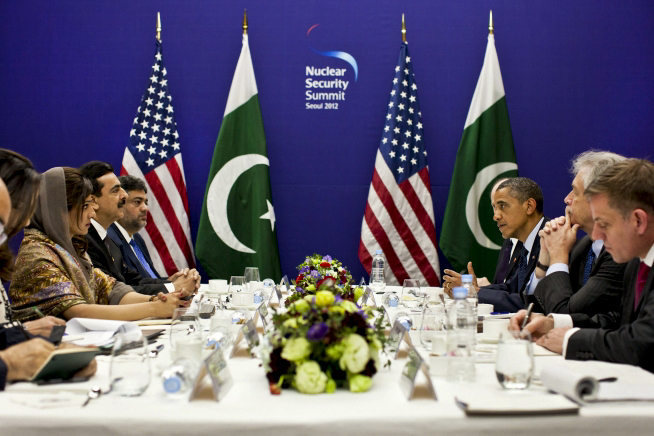Though initiated with a great deal of foreign assistance, Iran is increasingly capable of developing and improving its own ballistic missile technology. This fact sheet provides a useful inventory of the ballistic missiles and space delivery vehicles that the Islamic Republic of Iran deploys and has developed.Read more...
